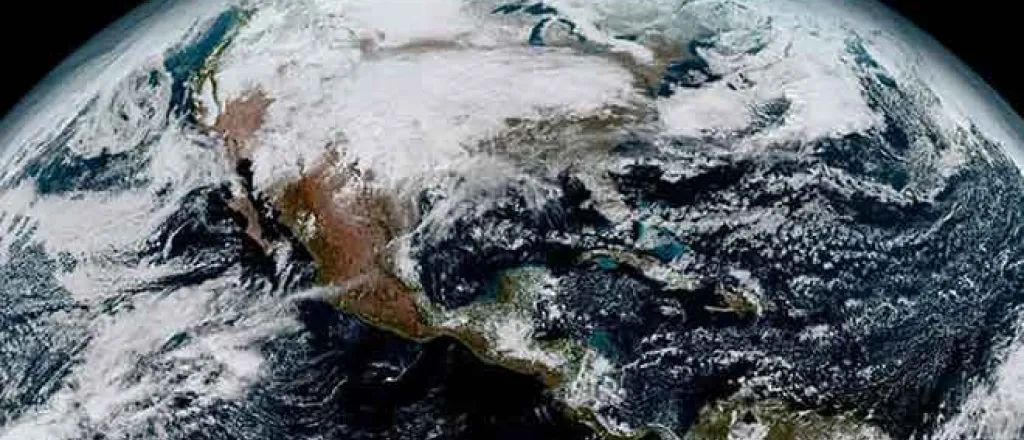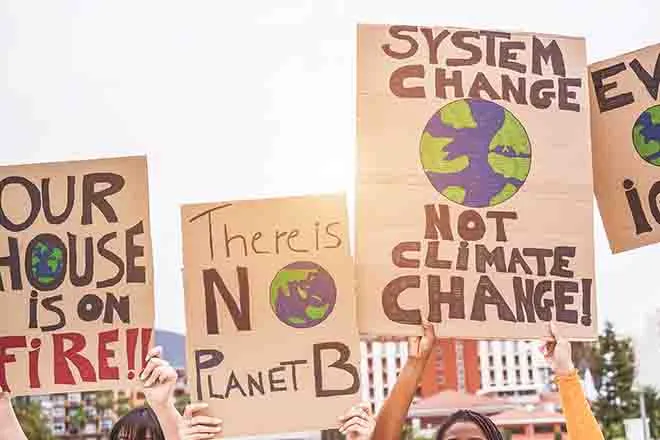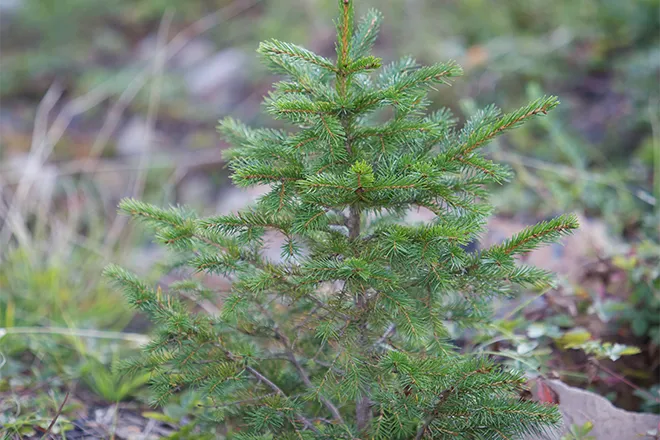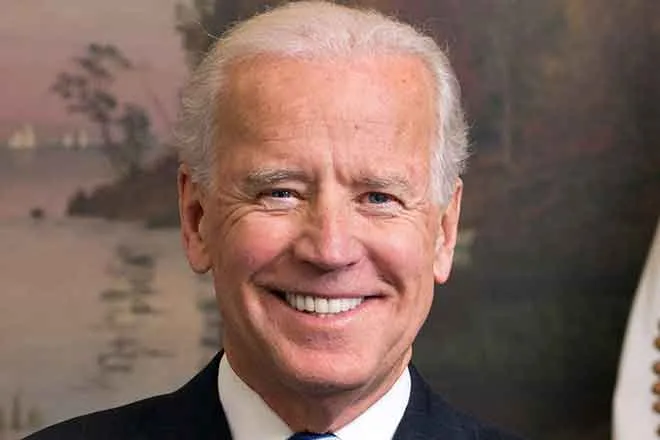
Report: 6th mass extinction event likely already under way
New research suggests Earth's Sixth Mass Extinction event, on par with the one that ended the age of dinosaurs, already is under way.
Noah Greenwald, endangered species director at the Center for Biological Diversity, said the recent findings add to a growing pile of troubling news, including projections more than a million species are likely to be lost in coming decades due to human activity.
Greenwald emphasized it is a problem because species make up ecosystems, and ecosystems provide critical services for people.
"They clean our air, they clean our water, they moderate climate, they cycle nutrients, they pollinate crops," Greenwald outlined. "As we lose more and more species, we begin to lose those ecosystem functions."
Scientists studied extinction rates for invertebrate species including snails, clams and slugs, in part because vertebrate species such as birds and mammals received the lion's share of attention in the past. Researchers contended their work answers skeptics who have argued extinctions are happening at roughly the same rates occurring as a natural part of evolution.
Habitat loss because of human activity is seen as a major driver of species loss, with climate change acting as an increasingly potent accelerant as fossil fuels continue to burn.
Greenwald noted while it is true species have gone extinct in the past, the sheer scale of species loss over such a brief time period is alarming.
"Because of all the changes that people are causing on the planet, species are now going extinct much, much, much faster," Greenwald explained. "That should be a cause for concern; essentially, we are fouling our own nest."
Researchers called for biologists to collect and document as many species as possible before they disappear. Greenwald believes conservation efforts also should be a priority. He pointed to the black-footed ferret as one example of what can be done to save species on the brink of extinction.
"We were able to find a small population in Wyoming, and now we are working to save them," Greenwald stressed. "That's what we can do as people; we can undo this. We can save species if we protect them, and we take this problem seriously."
















